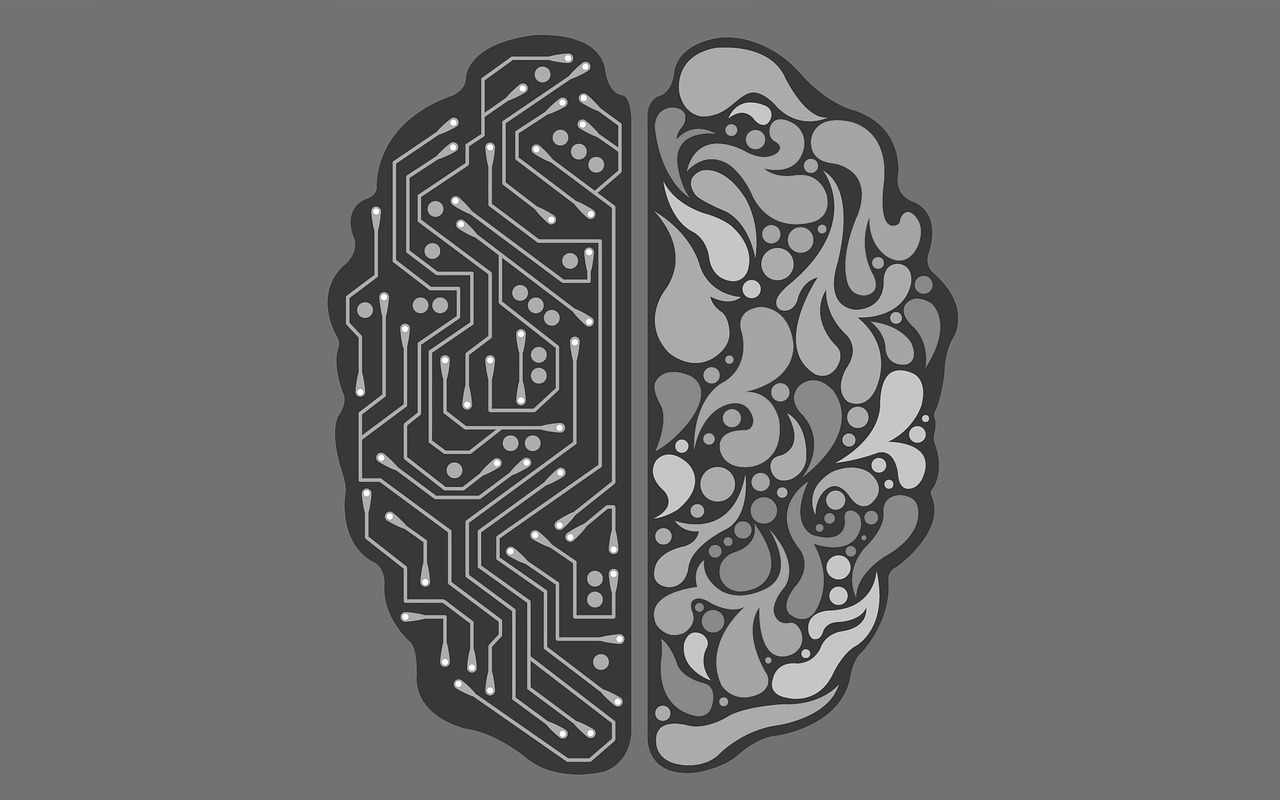
Photo by Seanbatty CC/BY
Artificial intelligence, automation augment human capabilities
By Donna Hernandez and Eileen Ong
Directors, playwrights, and authors have made it so that their audiences visualize a post-apocalyptic world where robots ultimately take over. Despite the seemingly unceasing paranoia concerning these technological developments, the advancement of artificial intelligence (AI) is necessary so that humanity can progress.
Technological booms have happened before, not necessarily with Transformers attempting to find a higher purpose in life, but in less humanized forms. From the steam engine that prompted the first industrial revolution, to the internet of the third industrial revolution, it remains clear that humans have reaped many benefits from these innovations; AI should not be any different.
As personal voice-powered assistances and self-driving cars are showing up more often, it is not difficult to imagine machines emerging in other job sectors, taking away jobs from human workers. While the prospect of AI threatening employment rates is understandably frightening, it is likely that AI will introduce more jobs and new careers into the economy.
According to a study from career and hiring firm Payso, US employers will open up to 10,000 new jobs in AI with more than 650 million dollars set aside for salaries. The development of AI is only at its beginning. Top tech companies are racing to build the best AI machines and dominate the market. They are hiring more employees to rush the process, creating more jobs for not only software engineers but also writers and psychologists.
Machines are more cost-efficient to run than human employees who require wages and promotions. They also cannot get sick and do not take breaks or vacations, which enables them to work 24 hours a day, 365 days a year. Productivity surges, wages rise, and consumption increases, thus supporting new jobs.
Industrial automation allows companies to use machines to do menial, repetitive, and labor-intensive tasks with little to no flaws. Humans will be able to focus on work that requires more creative and critical thinking. Similarly, machines that learn allows for technology to complete complex tasks as well as, if not even better than, humans. This enables robots to work as co-workers with humans to collaborate ideas.
In areas such as medical care, robots could aid in the early detection and treatment of cancer and certain illnesses. An android doctor could be programmed to perform its task precisely, not allowing factors like human imperfection and miscalculation to impede it. This is not to say that it would replace the need for human doctors, for they possess empathy and deductive reasoning necessary for the situation at hand. In any case, it would only limit the death count and lawsuits made due to mishaps behind the sterile white doors.
Robot taxes can help combat the rise of wealth inequality that may result from AI, Microsoft co-founder Bill Gates said. Advanced technology hit the lower-income, lower-educated jobs the hardest. By establishing a tax, businesses are more reluctant to replace their human employees with robots. Even if human workers are laid off, money collected from the tax can be used to help these people learn new skills that can help reintegrate back into the revamped job space.
It would be a shame to suppress the development of AI when it is full of potential solutions to global issues.